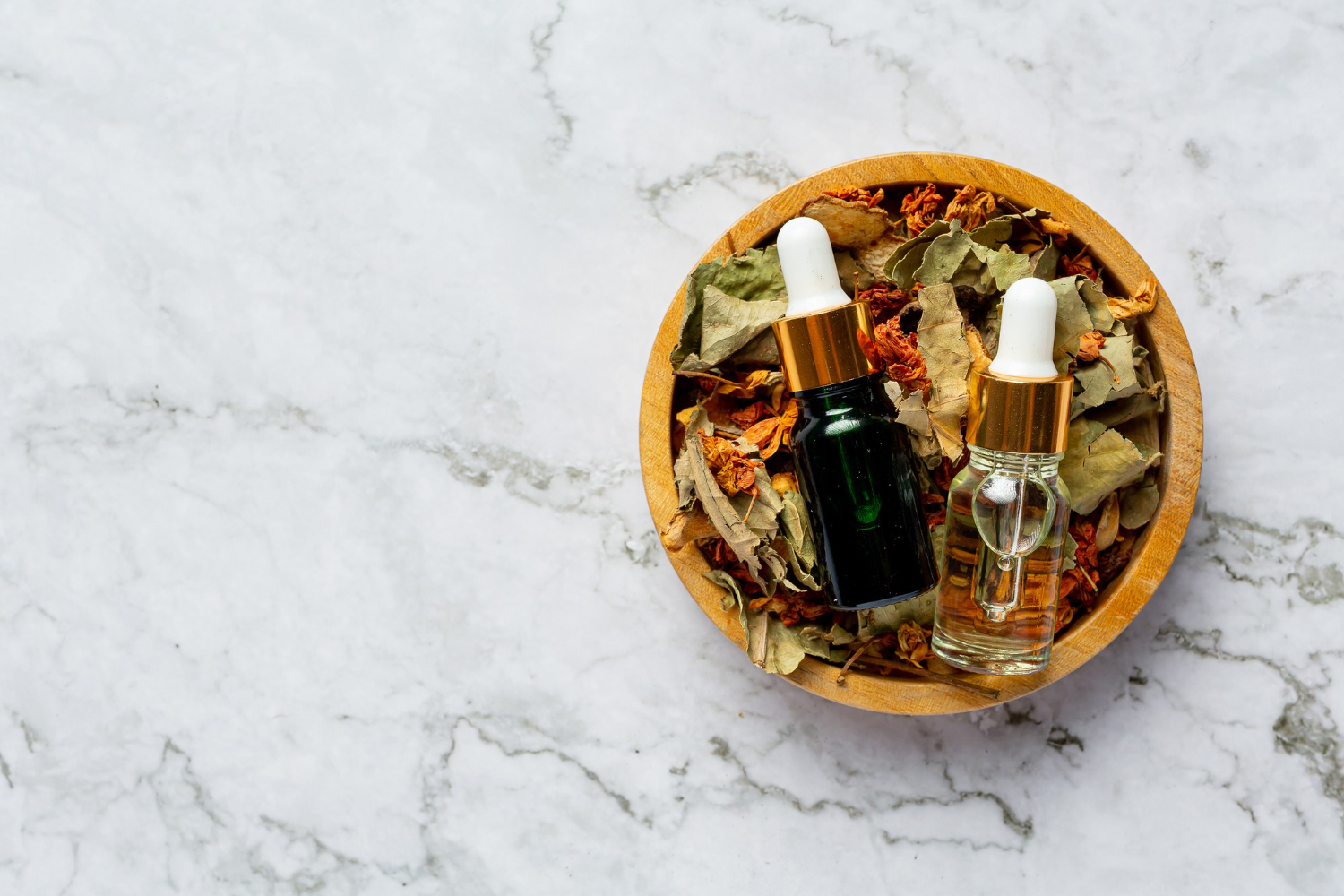Activity of essential oils and packaging choice – why glass, not plastic?

Chemical nature of essential oils
Essential oils consist of volatile organic compounds such as terpenes, aldehydes, ketones, and esters. These substances are highly chemically reactive and capable of dissolving many materials. They can react with plastics, causing packaging degradation or contamination of the oil itself. Citrus oils containing limonene and phenol-rich oils like oregano or clove are particularly aggressive. Glass is chemically inert and does not react with the contents, allowing oils to maintain their purity and effectiveness over time. Additionally, glass protects against UV radiation, which can degrade sensitive aromatic components. Plastic containers may release harmful substances such as phthalates or BPA, which can leach into the oil and alter its chemical composition. This issue intensifies at higher temperatures, relevant for transport and storage.
Practical aspects of choosing packaging
In production, glass offers numerous advantages. Glass bottles can be sterilized at high temperatures, which is not possible with most plastics. This is a key benefit in manufacturing oils for medical applications or high-end cosmetics. Glass can also be reused multiple times without losing its properties, aligning with sustainable development and circular economy trends. Different types of glass are used in the industry: amber glass blocks up to 90% of UV radiation, while cobalt glass protects against the full spectrum of visible light. For oils highly sensitive to light, such as St. John’s wort or chamomile oil, selecting the right glass color is crucial to preserve biological activity.
Regulations and industry standards
The cosmetics and aromatherapy industries are subject to strict packaging regulations. The EU Cosmetics Directive (1223/2009) requires packaging not to negatively impact product properties. Glass meets these requirements, ensuring microbiological safety and chemical stability. For essential oil producers and distributors, ISO 4730 and ISO 9235 standards are particularly important. They specify packaging types and materials approved for contact with essential oils. Colored glass (amber, cobalt) is recommended as the industry standard for UV protection. Closures also matter – caps and stoppers should have seals resistant to essential oils.
Why choose glass for essential oil packaging?
Glass remains the best choice for essential oil packaging due to its chemical inertness, durability, and compliance with regulations. While initial costs are higher than plastic, investing in glass guarantees product quality and consumer safety. For cosmetics and aromatherapy professionals, choosing glass is not only about quality but also about compliance with standards and meeting the expectations of conscious customers. In the era of growing ecological awareness, glass packaging also enhances a brand’s premium image, reflecting care for both quality and the environment.